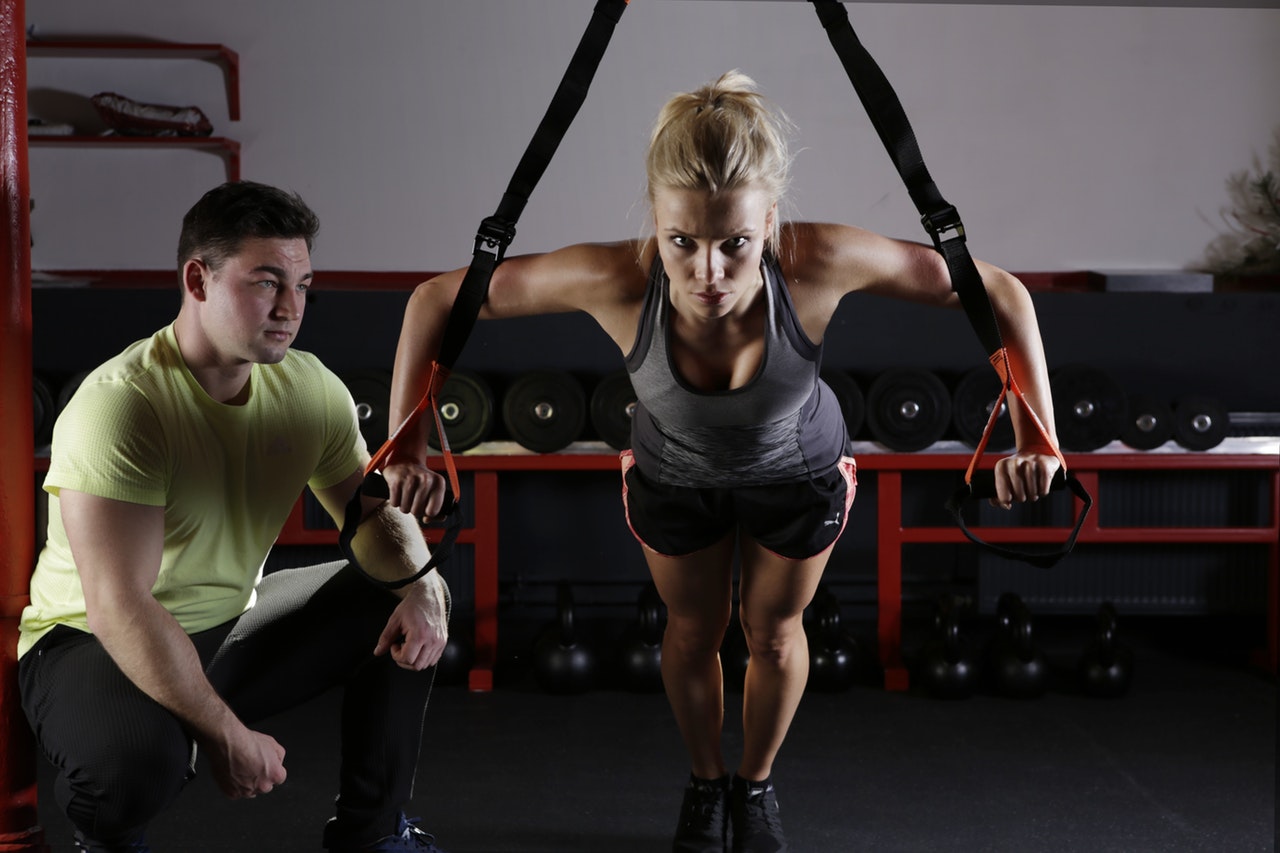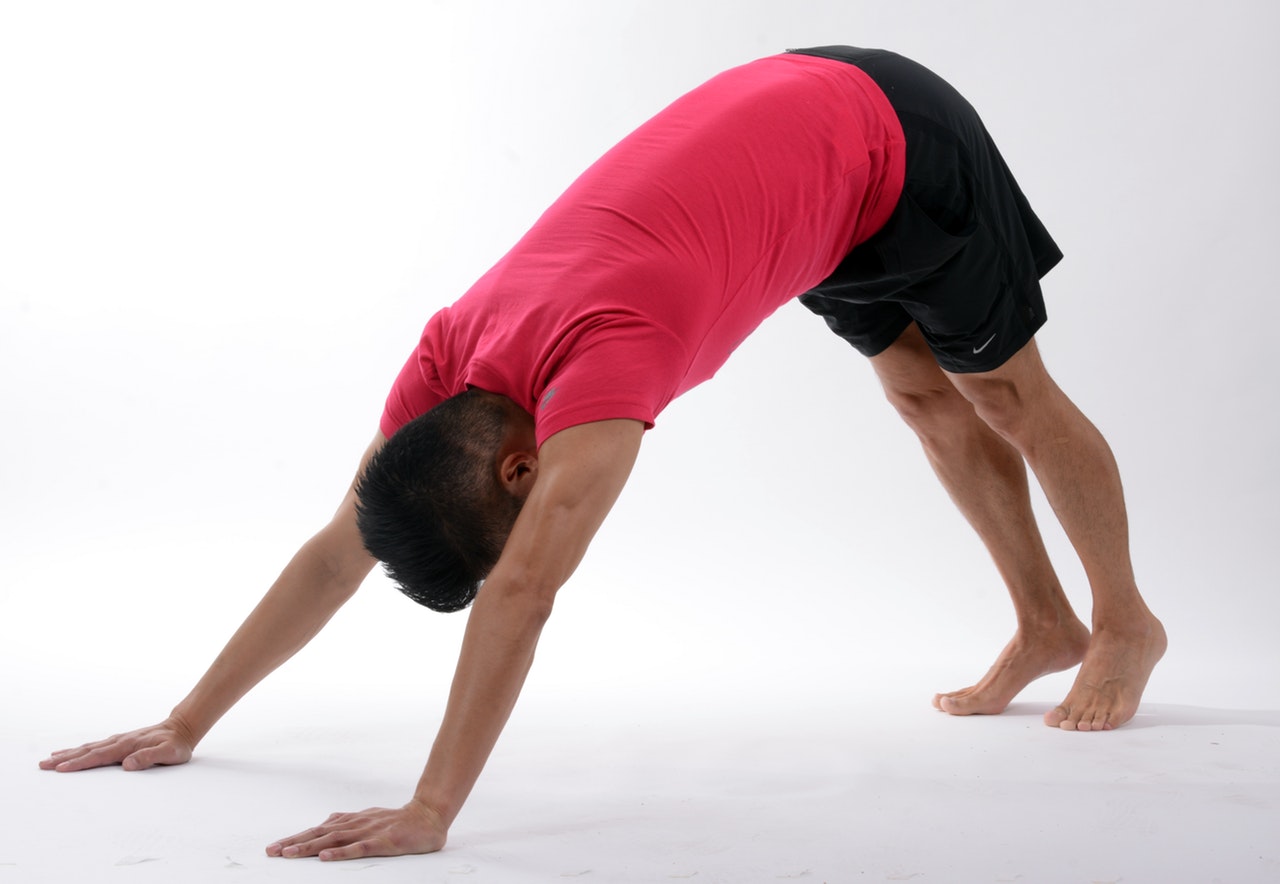The more you know, the better you can be. We’ve got 8 fitness tips to help you cultivate the strongest, healthiest, happiest, and fittest you!
1. Set SMART goals

SMART is an acronym that serves as a blueprint for goal setting. To increase your likelihood of accomplishment, goals should be:
Specific: pinpoint one distinct element of fitness you want to achieve
Measurable: find a way to gauge and measure progress/change
Attainable: set doable, but challenging expectations
Realistic: be honest with yourself and make sure the goal is healthily possible
Timely: set a time frame in which you hope to achieve this goal
Without goals, workouts may be set up in a mindless way that simply has you going through the motions with no ultimate vision.
2. Track your progress

Track at least one variable to gauge the progress of your workouts and to aid you in changing up your routine accordingly to ensure continued growth and change. A few variables that are relatively easy to track are: body circumference measurements, bodyweight, sets/repetitions/weight used per exercise, and body fat percentage. Keep it consistent – compare your progress weekly, bi-weekly, or monthly.
3. Establish a means of accountability

Find a way to hold yourself accountable. Whether it be hiring a personal trainer, meeting a friend at the gym to work out, taking group exercise classes, or tracking your workouts daily via an app – do what works for you. Accountability will help you remain consistent and get your workout in even on the days you don’t feel like it.
4. Meal plan and prep

Planning your meals will help to ensure that you are ingesting adequate amounts of nutrients and calories, as you will know exactly what you are going to be eating throughout the week. It will help you to stay on track and be more likely to make better food choices overall as you ideally won’t be eating out as often or simply for convenience. Preparing your meals in advance is cost effective and can serve as a convenient option as you can take your meals with you wherever you go and you don’t have to worry about allowing time to cook as they’re already ready. Set yourself up for success by planning in advance to keep your nutrition in check.
5. Find exercise modalities that you enjoy

You’re more likely to stick to a routine consistently if you enjoy it. If you hate running, try cycling, an elliptical, or hiking instead. If bodyweight workouts aren’t challenging enough, incorporate weights and machines into your routine. If you just can’t force yourself to stretch after lifting, try adding a yoga class or two to your weekly regimen. This isn’t to say that you should never perform movements or types of exercises that you dislike, as change can come from some discomfort and hard work, but most of the time you should perform modalities that you enjoy and are likely to repeat consistently.
6. Don’t overlook the importance of flexibility and mobility

Make time to work on your flexibility and mobility. It’s important for improved balance, injury prevention, pain reduction, and better overall quality of life. Find ways to incorporate flexibility and mobility training into your workout routine. Commit to ten minutes of stretching and foam rolling before and after your workout, or take a yoga class 2-3 times per week. Our bodies were designed to move, learn to move freely and effectively.
7. Indulge in moderation

No diet is perfect. Try to limit your intake of sweets, alcohol, soda, caffeine, and fried foods as these can have deleterious effects on your body. This doesn’t mean to torture yourself and not allow any of the aforementioned foods and drinks to be a part of your diet, but simply means to aim to indulge in moderation. Whether you choose to have one designated cheat day or a few cheat meals throughout the week, indulgence is important for your sanity and decreasing the likelihood of your diet veering off track. Remember that what is done most of the time is more important than what is done some of the time.
8. Prioritize rest and recovery

Don’t overdo it. Rest is essential for growth, recovery, and optimal function. Make sure that you get adequate sleep (minimum of 7-9 hours per night) throughout the week. Listen to your body – take a rest or active recovery day when you need it. Our bodies take a beating with consistent training and therefore need proper rest and recuperation to return to normalcy and perform at it’s best.
Image credit: Pexels










